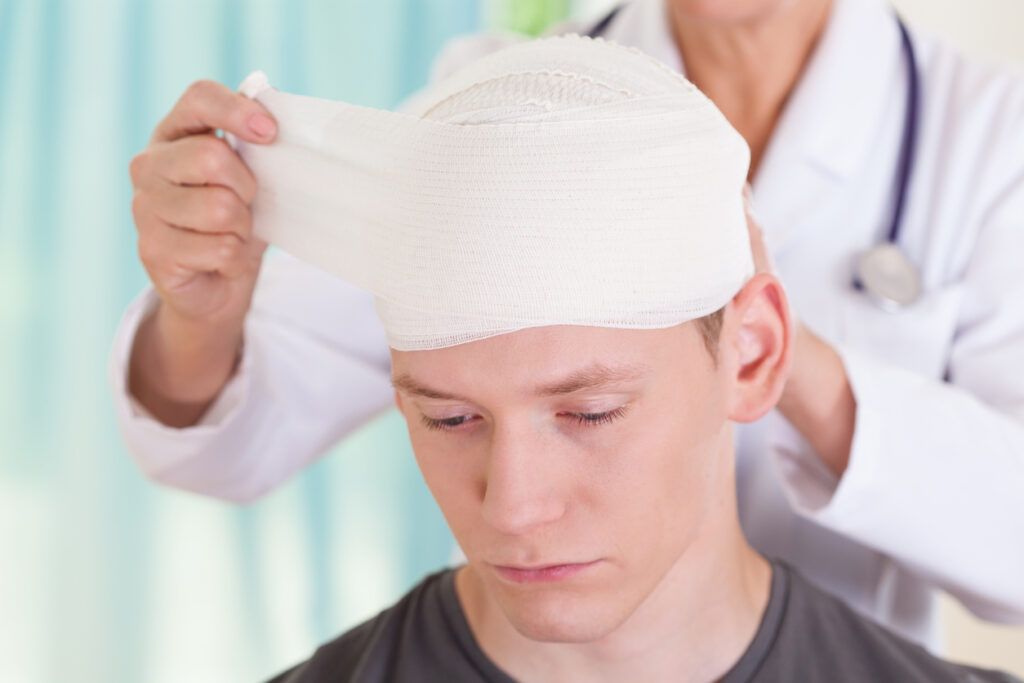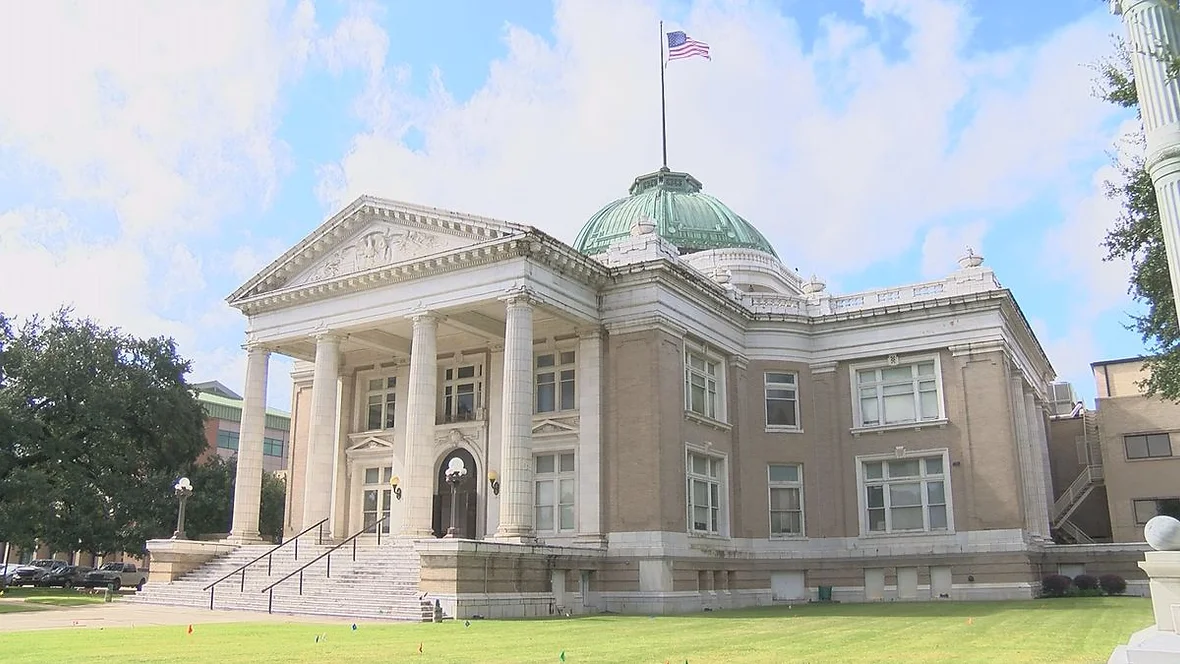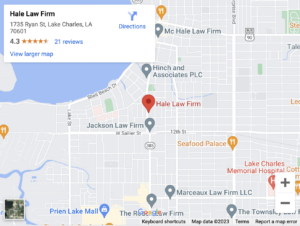Taylor Hale | June 27, 2024 | Brain Injuries
Delayed Concussion Symptoms

Around 29% of adults will experience a concussion at some point in their lives. Every year, about 3.8 million concussions occur in the U.S. due to sports and recreation alone. While concussions are often viewed as minor injuries, any type of brain injury should be taken seriously.
A concussion is usually the result of a blow to the head or sudden, violent movement. You may have noticeable symptoms right away, but it’s also normal to feel fine at first. Delayed concussion symptoms are common and may take hours or days to become apparent.
What Is a Concussion?
A concussion is a mild traumatic brain injury (TBI) caused by a bump or blow to the head or rapid back-and-forth movement of the head. This causes the brain to strike the inside of the skull.
A concussion results in minor brain damage and triggers changes in brain chemistry that may cause a range of symptoms. While it’s the mildest type of brain injury, a concussion can still be serious.
Common Causes of Concussions
Concussions can occur from many different activities.
Common causes include:
- Auto accidents
- Falls
- Sports and recreation
- Assault
- Workplace accidents
- Being struck by an object, such as falling merchandise
It’s important to note that you don’t have to lose consciousness to sustain a concussion; in fact, most people don’t. A mild brain injury can also happen without hitting your head; rapid deceleration can make the brain hit the inside of the skull.
A growing body of research indicates that the threshold of force to cause a concussion is lower than believed. A major NFL-commissioned study found a blow under 85g was unlikely to cause a concussion, but a separate study showed otherwise. Using helmet sensors to record over 100,000 impacts, researchers found half of the concussions they recorded were below that threshold.
Examples of Delayed Concussion Symptoms
Some concussion symptoms are likely to appear immediately or within a couple of hours of a blow to the head. Other symptoms may take time to become apparent.
Delayed concussion symptoms are those that do not appear right away, but instead develop over time following the initial injury.
These symptoms can vary from person to person and may include:
- Headaches or migraines
- Dizziness or vertigo
- Ringing in the ears
- Blurry vision
- Sensitivity to light and sound
- Difficulty concentrating or remembering things
- Changes in mood, such as increased irritability, depression, or anxiety
- Sleep disturbances, including trouble falling asleep or staying asleep
A persistent or recurring headache is one of the early symptoms of a concussion. Memory loss is common, too. Many victims suffer from amnesia and do not remember the accident itself or the immediate aftermath. Memory problems and feeling like you are in a fog may persist for several weeks.
Sensitivity to light (photophobia) affects nearly 43% of people who have experienced a brain injury or concussion. Sound sensitivity (phonophobia) is also common, affecting 50% of brain injury victims. You may also notice other auditory symptoms developing after your accident, like tinnitus or trouble hearing speech over even quiet background noise.
These sensitivities are often severe but delayed for a few days. For most people, the sensitivity lasts at least one to three weeks but may persist for months or years.
Why Do Some Concussion Symptoms Take Time to Appear?
Delayed concussion symptoms may occur due to a variety of factors. Brain damage triggers a cascade of changes in the brain that take hours or days to become obvious. These changes can also cause secondary damage that leads to symptoms.
Another factor may be related to the victim’s initial response to the injury. Some people may experience a surge of adrenaline or other hormones that can mask symptoms initially. As these levels return to normal and the shock wears off, delayed concussion symptoms may surface.
Sometimes, symptoms aren’t even delayed; they just aren’t noticeable to someone who has suffered a blow to the head. After a concussion, you may be confused with altered perception, which makes it hard to see changes in your mental state. This is especially true when symptoms are subtle and easy to miss at first, like confusion and memory problems.
A witness to the accident may see signs of a concussion right away that the victim can’t recognize. This includes slurred speech, delayed responses to questions and stimuli, and an overall dazed appearance.
What Should You Do If You Experience Delayed Concussion Symptoms?
If you experience any of these delayed concussion symptoms after sustaining a head injury, it’s essential to seek medical attention right away. A healthcare professional can assess your symptoms, perform any necessary tests, and provide proper treatment.
In the meantime, it’s important to rest both physically and mentally. Avoid activities that could potentially cause further injury or strain on the brain, and follow your doctor’s recommendations.
Make sure to communicate with those around you about your symptoms. It’s helpful to keep a journal during this period to document daily symptoms and troubles. This can help you track your progress. It can also be evidence of your injury if you need to make a claim for damages.
How Long Do Concussion Symptoms Last?
The duration of concussion symptoms can vary widely among individuals. In many cases, symptoms may resolve within several weeks. However, for at least 10% of people, symptoms can persist for months or even longer. This prolonged condition is often referred to as post-concussion syndrome (PCS).
PCS is characterized by a range of persistent concussion symptoms, such as headaches, insomnia, memory and concentration issues, and sensitivity to light and sound.
A variety of factors can influence the duration of concussion symptoms, including the severity of the initial injury, the individual’s health prior to the concussion, and how quickly and effectively they receive treatment. Age and sex are also important factors. Women and elderly people are at an increased risk of developing PCS.
Contact a Lake Charles Personal Injury Attorney For Help With a Concussion Injury Claim
Have you recently been involved in an accident? Even if you feel fine, it’s crucial to seek prompt medical attention after a crash or bad fall. Getting treatment quickly can reduce your risk of long-term consequences and ensure any hidden injuries are detected. A delay in medical care may also weaken your claim against the party at fault for your accident.
If you believe someone else’s negligence or wrongdoing was to blame for your accident, you may be entitled to compensation. An experienced personal injury attorney can help you explore your legal options. Contact us for a free consultation with a Lake Charles personal injury lawyer from Hale Injury Lawyers to discuss how we can help you.
Hale Injury Lawyers
1735 Ryan St
Lake Charles, LA 70601
(337) 426-1071

